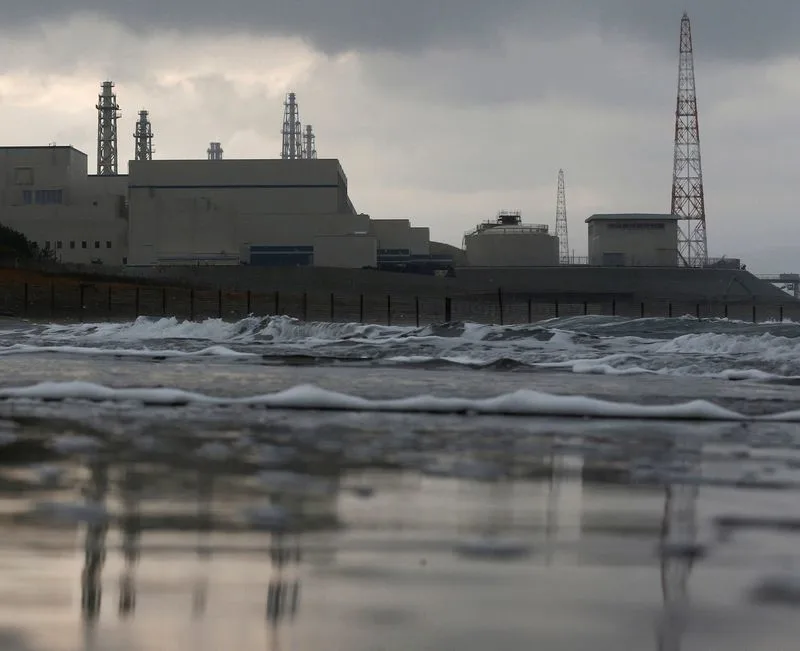TOKYO -- The powerful earthquake that hit Japan's western coast on New Year's Day has underscored the country's exposure to natural disasters, casting fresh doubt over a push to bring its nuclear capacity back online.
Nuclear power plants dot the coast of mountainous Japan, which is prone to earthquakes and tsunamis due to its location on the seismically active "Ring of Fire" around the Pacific Ocean.
Monday's magnitude 7.6 earthquake, which has killed more than 80 people in the Hokuriku region, destroyed infrastructure and left homes without power, struck days after regulators lifted an operational ban on Tokyo Electric's Kashiwazaki-Kariwa nuclear power plant.
Tepco hopes to gain local permission to restart the plant, which is around 120 kilometres from the quake's epicentre and has been offline since 2012. The utility was banned in 2021 from operating the plant due to safety breaches including a failure to protect nuclear materials.
"The Japanese public is still generally less positive toward nuclear power now than they were before the Fukushima disaster," analysts at Rystad Energy wrote in a client note.
"As a result, public sentiment – and potentially government policy – is likely to be sensitive to any new power-plant disruptions caused by the most recent quake or any future ones."
Japan had planned to phase out nuclear power after the March 2011 tsunami and Fukushima meltdown, but rising energy prices and repeated power crunches have prompted a shift towards restarting idled capacity and developing next-generation reactors.
After the Jan. 1 quake Tepco reported water had spilled from nuclear fuel pools at the Kashiwazaki-Kariwa plant - the world's largest - but said radiation levels were normal.
"Citizens had felt that Tepco could probably be able to restart reactors by the end of 2024, but this earthquake seems to have reignited a sense of fear," said Yukihiko Hoshino, a Kashiwazaki city assembly member opposing the plant restart.
Monday's tsunami warning reminded him of the Fukushima disaster, he said.
Tepco shares fell as much as 8% on Thursday, the first trading day since the earthquake, before closing up 2.2%.
Hokuriku Electric, whose idled Shika plant is located around 65 kilometres from the earthquake's epicentre, slid as much as 8% before paring losses to end down 2.2%.
The company, which reported water spill-over from spent nuclear fuel pools and oil leaks at the plant after the quake, hopes to restart the No.2 reactor there sometime after April 2026, it said in October.
"Today's heavy selling was mostly due to overall market sentiment and initial panic selling," said Tatsunori Kawai, chief strategist at Au Kabu.com Securities.
"Traders later realised that this heavy selling cannot be justified," he added.
Rystad said it does not immediately see Japan, the world's second-largest importer of liquefied natural gas (LNG), tapping spot markets as it did after an earthquake in March 2022.
While prolonged power plant outages, like in 2022, could trigger purchases of the super-chilled fuel, spot power prices indicated business as usual, Rystad said.

















































